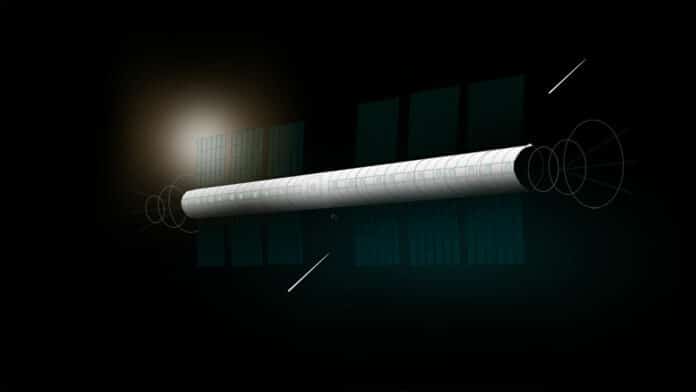A Southern California startup, Vast, has announced that the company is developing artificial-gravity space stations to enable scalable solutions for human productivity in space.
Founded by tech visionary Jed McCaleb, who is renowned for projects such as Stellar, the Astera Institute, Ripple, and eDonkey2000, Vast is building a world-class team of engineers to develop the future of space, with the support of multiple seasoned industry experts, including advisor Hans Koenigsmann, a distinguished aerospace engineer and former vice president at SpaceX.
“Vast’s mission is to enable a future where millions of people are living across the solar system,” said McCaleb. “The solar system has an incredible amount of resources. If we had access to those resources, our civilization could grow and thrive while preserving our planet. Once large populations of humans can live in space, we can create the industry and infrastructure needed to access those resources at scale.”
Over the last decade, private companies have led incredible innovation in the launch industry, drastically lowering the cost-to-orbit. The potential of next-generation launch vehicles promises to reduce the cost of launch even further. McCaleb thinks the next important step for innovation is habitation. Vast is developing low-cost space stations and artificial gravity so that people can live in space for long periods of time without the permanent side effects of zero gravity.
Vast’s 100-meter-long space station can accommodate over 40 people. The station spins to provide Earth gravity at its outer extremities and partial gravity along its length for Mars, Moon, and asteroid analog environments. Artificial gravity provides a healthier environment for long-term stays in space. With a large spinning structure, the resulting centrifugal force creates a gravity-like pull.
“We still crave new frontiers, with many of us spending our lives anticipating the time when space will be unlocked for us,” said McCaleb. “By pushing our frontiers and expanding our habitat into the vastness of space, we may actually preserve Earth for thousands of years and generations to come.”
The experience and dexterity of the Vast team will lead to the development of a vibrant space ecosystem that will ultimately enable further human expansion into the solar system.
